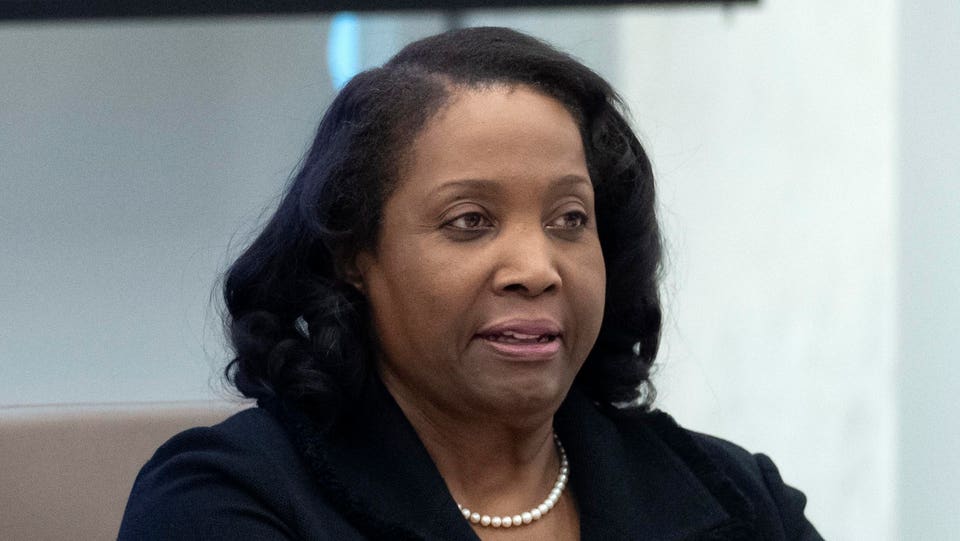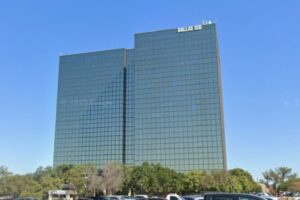
UPDATE: A federal appeals court has blocked President Donald Trump’s emergency effort to fire Federal Reserve Governor Lisa Cook, just hours before a critical two-day meeting on interest rates. The U.S. Court of Appeals for the District of Columbia Circuit ruled 2-1 on October 30, 2023, allowing Cook to retain her position while her legal battle continues.
This ruling is crucial as it ensures Cook’s participation in upcoming discussions about interest rate policies that impact the U.S. economy directly. The court noted that removing her now would destabilize the Federal Reserve’s operations, potentially resulting in “the disruptive effect of the repeated removal and reinstatement” of Cook during the ongoing litigation.
In the concurring opinion, Judge Bradley Garcia, appointed by President Joe Biden, emphasized Cook’s right to “some kind” of process before any removal, highlighting the Trump administration’s failure to provide her with proper notice or a chance to respond to the allegations.
The court’s decision supports a prior ruling by D.C. federal judge Jia Cobb, who determined that Cook’s removal violated the Federal Reserve Act’s “for cause” provision. This legal battle began when Trump accused Cook of mortgage fraud, claiming she misrepresented her primary residence status. In response, Cook firmly stated, “President Trump purported to fire me ‘for cause’ when no cause exists under the law, and he has no authority to do so. I will not resign.”
As this situation unfolds, Trump’s economic adviser Stephen Miran is set to join the Federal Reserve board after the Senate narrowly approved his nomination by a vote of 48-47, strictly along party lines. Critics, including Senator Elizabeth Warren, have expressed fears that Miran’s appointment could undermine the independence of the Federal Reserve, accusing him of being a “Donald Trump puppet.”
What happens next? If the Trump administration seeks to escalate the case to the Supreme Court, it could alter the dynamics of the Federal Reserve’s leadership and its decision-making process on interest rates. This ongoing conflict raises significant questions about the balance of power within the Federal Reserve and its ability to operate independently amidst political pressures.
Stay tuned as we follow the latest developments in this high-stakes legal battle that could reshape economic policy in the United States.






